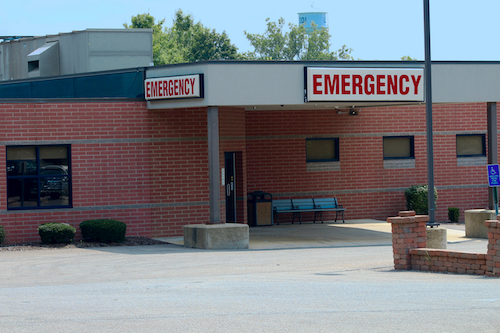
June 26, 2023 – Rural healthcare is in crisis. Many healthcare facilities across rural America are facing closures, staffing shortages, and strained resources. The COVID-19 pandemic exacerbated these issues, which continue to affect rural providers and patients. Approximately 57 million Americans depend on their hospitals to receive care, but with more than 130 rural-area hospitals closures in the past decade, access to care is decreasing.
According to a report from the Center for Healthcare Quality and Payment Reform, “all but seven states have at least one rural hospital at immediate risk of shutting down.” Over 600 rural hospitals, around 30% of all rural hospitals across the country are at risk of closing in the near future. The ramifications of rural hospital closures are severe. Closures impact those in need of immediate care and can affect local economies by decreasing rates of employment. Healthcare group purchasing organizations (GPOs) are helping rural healthcare providers confront the many challenges they are facing in a post-pandemic world.
Rural healthcare facilities don’t always have adequate resources to stay open, let alone make space for additional beds and buy new equipment. By aggregating the purchasing power of hospitals and other providers, GPOs can negotiate discounts with manufacturers and vendors. This process allows GPOs to provide discounts to healthcare providers of all sizes and types, which they’ve done for decades. GPOs also reduce costs for smaller healthcare facilities by decreasing the number of negotiations that take place. It’s important to remember that these benefits are not just available to hospitals, but other types of providers in rural areas that GPOs serve such as palliative care facilities, nursing homes, and surgery centers.
Rural healthcare providers face many of the same issues as other providers, including drug and product shortages. Many rural providers, however, do not have the resources or funding to track, mitigate, and prevent shortages on their own. Healthcare GPOs track data on shortages and raw materials, including active pharmaceutical ingredient (API), on a global scale to anticipate potential supply disruptions. GPOs then share this information with their member providers, including rural providers, and help them develop strategies to mitigate current shortages and avert future ones.
Read more in the latest issue of The Journal of Healthcare Contracting.
